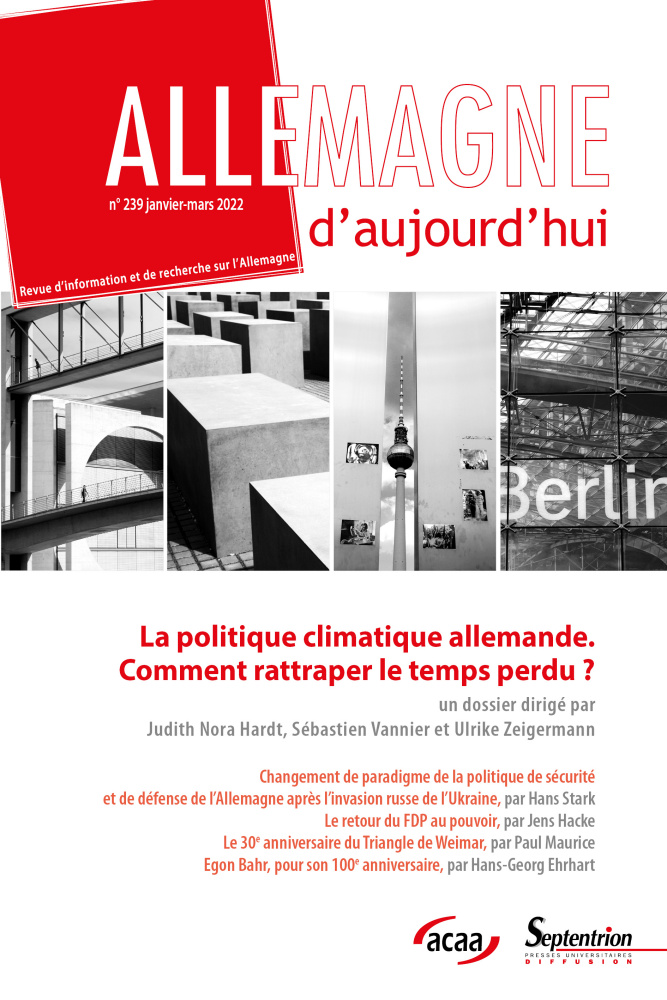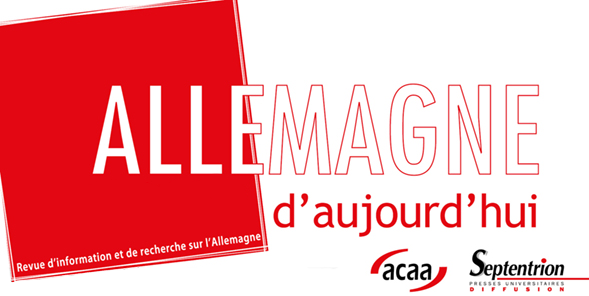The Paradigm Shift in German Security and Defence Policy After the Russian Invasion of Ukraine

The German government has long hesitated to take a position on the crisis between Russia and Ukraine. It has refused to question the planned commissioning of Nord Stream 2 and to supply Ukraine with weapons.

Behind this was surely the fear of sensitive energy losses and of a further rise in inflation. In addition, Berlin also did not want to jeopardize contact with the Kremlin, hoping not to jeopardize the Minsk agreements of 2014 and 2015. Certainly, Berlin also did not expect Russian troops to invade Ukraine, at least not beyond the Donbass region. The Russian invasion of Ukraine starting on February 24, 2022, and the bombing of Ukrainian cities by the Russian army with the aim of overthrowing the freely elected Ukrainian government, has made the German government rethink. A complete paradigm shift has begun in Berlin. This affects military aid to Ukraine, energy policy, and especially German defense policy. Expenditures for the Bundeswehr will be massively increased starting this year. The defense budget will exceed 2% of the gross domestic product. German foreign and security policy has arrived in a new reality and Berlin is adapting to it.
Hans Stark is Professor of Contemporary German Civilization at the Sorbonne University and Counselor on Franco-German relations at Ifri.
This publication is available in French: Allemagne d'aujourd'hui, n° 239 janvier-mars (pp. 3-16).






